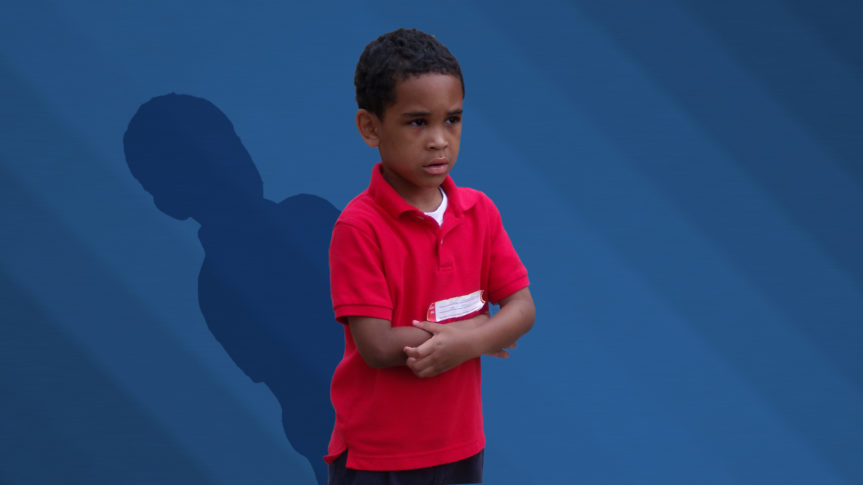OUSD continues to fail Black students in special education. A low-income Black student with an IEP is 29 times more likely to be suspended than a non low-income, non-Black student without an IEP. Our students with the highest needs are summarily dismissed from the classroom on the regular.
Twenty-nine times more likely—think about that. The students who have the greatest needs, who we should be catering to, are the ones feeling the disproportionate lash of school discipline, and it begins in kindergarten.
Those are just some of the bitter nuggets in the latest OUSD data release around special education and inequitable discipline. You can see the whole report here. Thanks to David Castillo, a Community Advisory Committee member, for the data.
But let’s run through the data and look at some key takeaways. Black students are more likely to be referred to special education than other students. They make up 22% of the student population but 33% of the special ed population.
And as the slide below shows, both being Black and having an IEP increases your likelihood of suspension.

And when you combine those its even worse.

Add in low-income status and it get ridiculous. If you are Black, low-income and have an IEP you are nearly 30 times as likely to be suspended as students without any of those challenges—14.6% of those high challenge students were suspended while only .05% of low challenge students were.

I have written before about the disparities in discipline as I have seen them—in The Two Real Rules of Expulsion Hearings—and have covered the plight of Black families who want support for their child but don’t trust the system or its labels in Who’s Afraid of an IEP? A Lot of Black Families.
These are not new problems, but we need to address them. And as a new school board comes into OUSD, I hope that we can focus on students and the challenges facing our most underserved families, and less on the public school wars.
The billionaire arguments are gone. Now, what are we going to do to help Black students? We need more than rhetoric.

